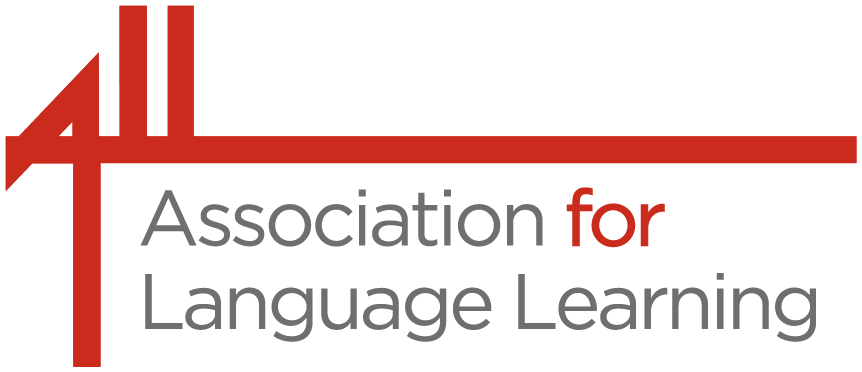The release of a new study has kicked off a new initiative to understand and improve language policies and practices. The British Council-led Language Rich Europe (LRE) consortium has released findings from research analysing languages throughout Europe. It shows that England has many linguistic advantages – phenomenal diversity, an international language, innovative teaching and a commitment to multilingualism. But it lags behind its partners in both provision and competence. There is still a view that English is enough, and that other languages are “important but not essential”.
Key findings in the England study include:
• Over a million school age children have another language besides English, but we do not seem to value this “linguistic capital”.
• There is great enthusiasm for learning a language from an early age, but provision is still less than in most European countries.
• More learners abandon language learning at 14 than in any other of the countries surveyed; very few continue with a language after 16.
• Advanced language learning is a class issue in England – the private sector and selective schools dominate at ‘A’ level, and despite brilliant exceptions ‘vocational’ language learning is minimal.
• Business and employers generally need languages; many say this, but very few actively promote them.
• Our vibrant cities are effectively multicultural and multilingual and some lead the way in Europe.
Separate findings for Scotland, Wales and Northern Ireland can be found on the project website (www.language-rich.eu).
The Language Rich Europe project is co-funded by the European Commission and managed by the British Council. The research was carried out by Tilburg University’s Babylon Centre for Studies of the Multicultural Society, working with partner institutions and experts in participating countries. Over the next 9 months, networks of language stakeholders in each country will come together in a series of over 80 workshops to discuss the findings and develop ideas for further action at regional, national and European levels. These will be presented to policy makers in March 2013 in Brussels. In the UK separate reports have been produced for England, Northern Ireland, Scotland and Wales. The UK workshops will be supported by the “Speak to the Future” campaign.
Issues to be explored through the project include:
• How do we strengthen the languages offer in schools?
• How can we motivate people to learn languages at all stages of their lives?
• How do we address the growing shortage of language teachers?
• How can our towns and cities ensure that they are meeting the language needs of a mobile population?
• How should companies support language education?
• What is the role of the media – traditional and new?
According to Lid King, Chair of “Speak to the Future” and LRE Coordinator for England:
“We are multilingual and monolingual, enthusiastic but lagging behind in terms of provision and performance. The last decade has been one of considerable investment and innovation in languages with many successes as well as some failures. The current Government is also committed to greater language capability. And yet there is so much still to be done. Despite everything, however, languages remain on the agenda.”

“Through Language Rich Europe we aim to promote greater cooperation between policy makers and practitioners in Europe…to ensure that languages and cultural exchange continue to be promoted and encouraged at school, university and in broader society. This is essential if Europeans of all ages are to develop a broader international outlook, and if Europe as a whole is to position itself successfully to do business with the world’s emerging economic powers in the 21st century.”
For more about LRE and to download the country and region reports, go to: www.language-rich.eu.
